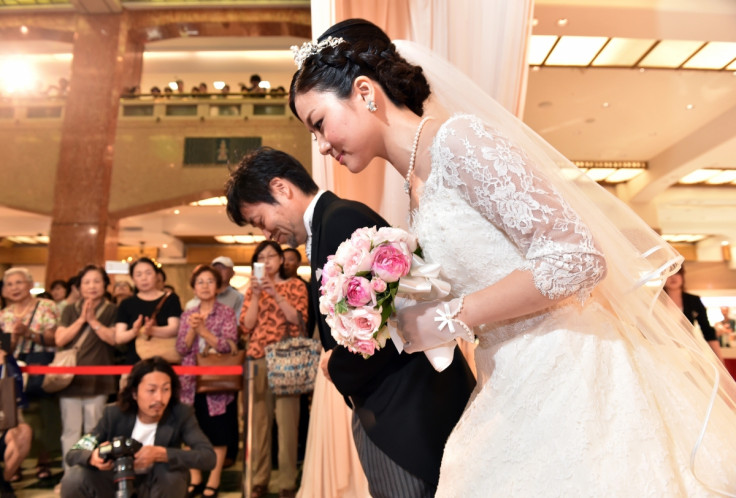Japan deems remarriage ban unfair for women but tells couples to keep common surname

In two separate ruling on family laws, Japan's top court has presented what experts see as a contradicting judgement concerning gender inequality. The ruling is about two 19th century laws that allegedly reflect male-dominated society of Japan.
The apex court has upheld one law that requires married couples to adopt the surname of either spouse when registering their marriage. It said that the article does not violate the constitution.
In the second ruling, the court has deemed the other law that prevents women from remarrying within six months of divorce is unconstitutional. The court justified this by saying that it was not fair to ban only women from remarrying.
The judgement on surnames has received a backlash from activists and women as by societal norms, most women have to choose the surname of their husbands. The ruling has left women feeling a loss of identity.
"My tears wouldn't stop overflowing when I heard the judgment," Kyoko Tsukamoto, an 80-year-old petitioner who wants to resume her maiden name legally, told a news conference, according to Reuters. "Now I won't be able to die as Kyoko Tsukamoto."
There are others who think the ruling controls a woman's freedom to choose. "I understand changing my surname is part of the changes that marriage brings, but I think it's wrong for that decision to be forced on you," said 23-year-old Hiromi Sasaki.
Chief Justice Itsuro Terada said common surnames in business and social situations after marriage "alleviates" concerns of a loss of identity, Japan's national public broadcaster NHK reported. The report said that a government panel had recommended a draft bill to revise both the laws about two decades ago but the proposal was aborted in the face of opposition.
"It would have introduced a system to allow married couples to choose separate surnames. It also recommended cutting the remarriage ban period for women to 100 days," the report said.
© Copyright IBTimes 2025. All rights reserved.




















